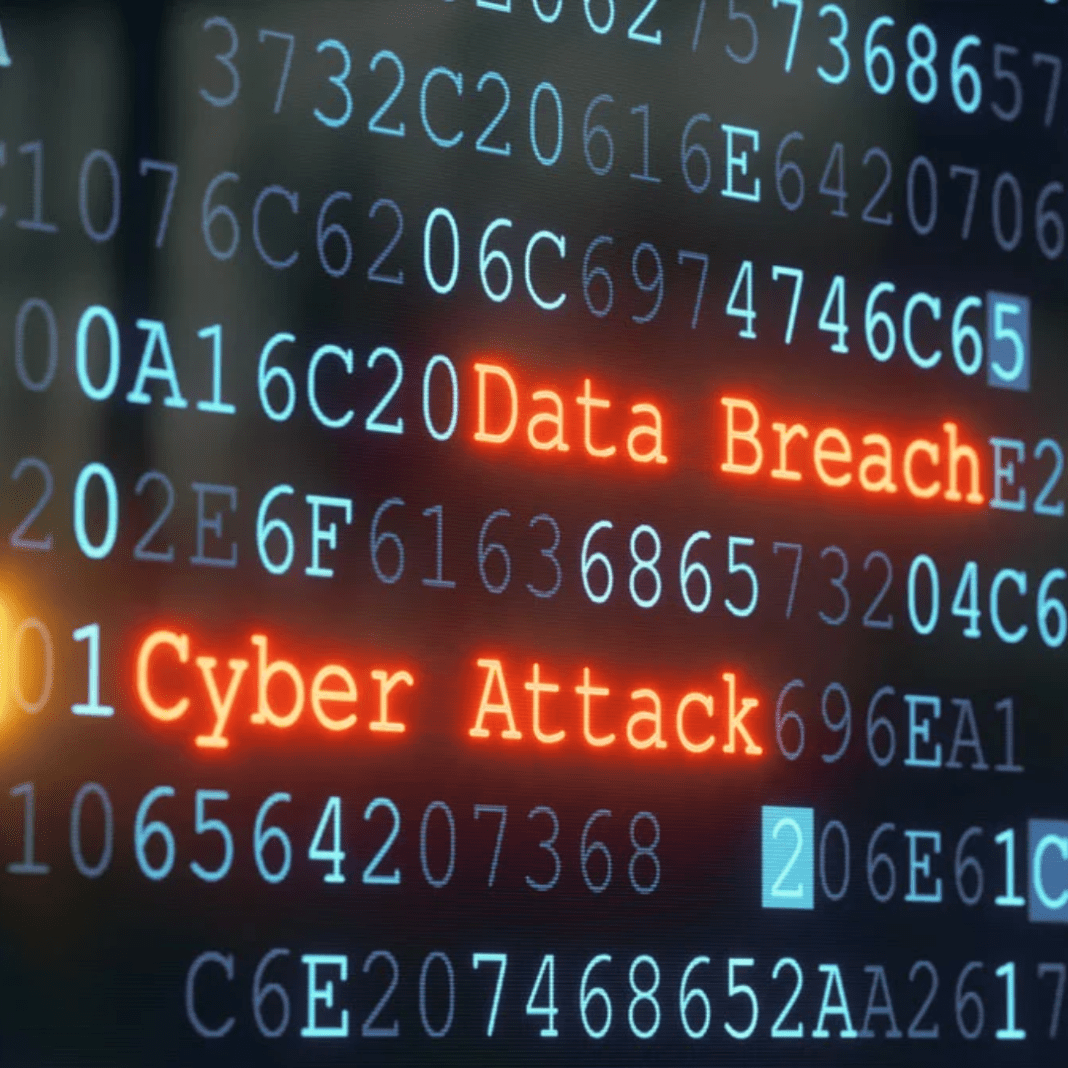Major Government Website Hacked
A major cyberattack has hit Morocco, causing serious concern. On April 8, a hacking group called “Jabaroot” attacked the website of Morocco’s Ministry of Economic Integration, Small Enterprise, Employment, and Skills. The group is believed to be linked to Algeria. “Jabaroot” means “forcefulness” in Arabic. The group lived up to its name with a strong and disruptive attack.
This was not a normal hack. The attackers shared thousands of sensitive documents. These files held personal and work information about Moroccan workers and employers. The data came from nearly 500,000 businesses. These businesses are registered with the National Social Security Fund. It is one of the worst data breaches in Morocco’s history.
The hackers also shared a map that sparked more controversy. The map showed Morocco’s southern provinces controlled by the Polisario Front. This was seen as an attack on Morocco’s unity and borders. The hackers said it was revenge. They accused Morocco of interfering with Algerian online spaces. They also mentioned the suspension of the Algerian Press Service’s account on X, the platform once known as Twitter.
Political Party Demands Government Accountability
After the attack, the Justice and Development Party (PJD) spoke out in parliament. The PJD is one of Morocco’s main political parties. They raised strong concerns about the breach. Also asked how hackers were able to attack a government website. They were especially worried because the site held sensitive data about businesses and citizens.
The party raised the issue directly with the Minister of Economic Inclusion, expressing alarm over the ease with which hackers were able to access protected data. They said the government must take responsibility and explain what steps are being taken to protect public and private institutions in the future. They emphasized that the personal and professional data of thousands of people were now at risk and called for stronger cybersecurity measures.
The party also asked how the cyberattack happened. They wanted to know how much damage was done and if other ministries were at risk. The ministry’s website is still offline, which has made people more worried. Businesses and individuals who rely on the site can’t access services. Officials are still working to understand the full impact.
Critical Vulnerabilities: The Dark Side of Pacemaker Technology
A Deeper Conflict Between Two Neighbors
This cyberattack is part of a long history of problems between Morocco and Algeria. The two countries have had difficult relations for decades. Most of the conflict is over Western Sahara. Morocco sees the region as part of its territory. Algeria supports the Polisario Front, a group that wants Western Sahara to be an independent country.
The hackers used the cyberattack to promote the Polisario’s agenda, which added to the tensions. The release of the divided map was especially provocative, as it challenged Morocco’s claim to its southern provinces.
An old CIA report from 1977, later declassified, suggested that Algeria’s goal in the region was more than just supporting the separatist movement. The report said Algeria aimed to weaken Morocco and increase its influence in North Africa. It claimed that Algeria wanted to create a separate Saharan state to control regional resources and gain easier access to the Atlantic Ocean.
How Cyber Attacks on Industrial Control Systems Can Endanger Lives ?
Since the attack, reports say that Moroccan hackers have begun to launch their own cyber operations. These counterattacks are targeting Algerian government websites and those belonging to the Polisario Front, showing how the digital conflict is now going both ways.
The original cyberattack has left many questions unanswered. The government is still investigating the damage. Meanwhile, the public and political parties are pressuring for a clear and quick response. The situation is tense, and the affected ministry’s website is still offline.





